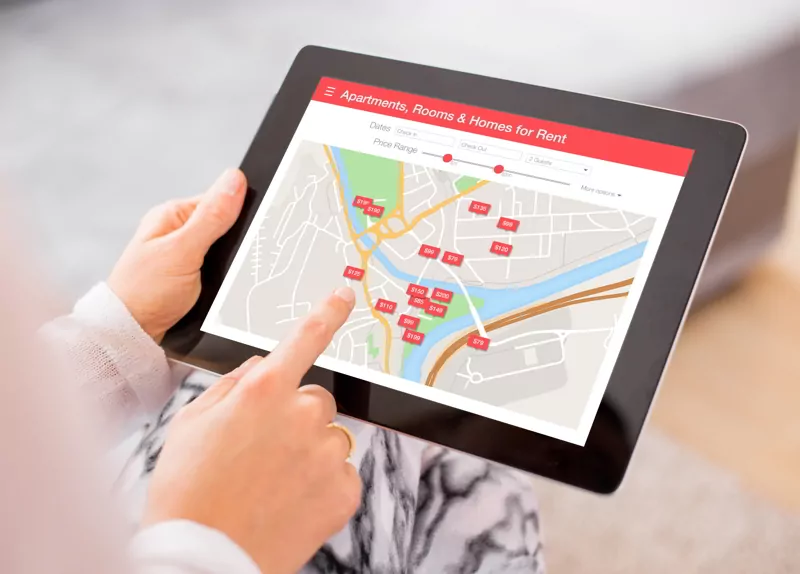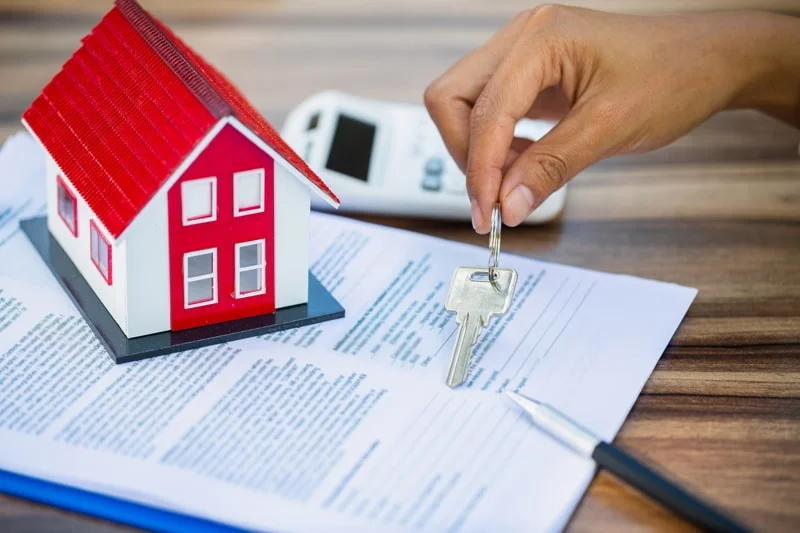In a year like this, it’s frustrating not being able to be on the ground to scout out new places of interest as freely as before…
On the bright side, thanks to technology, there’s a lot more that you can do from home…
Today, I’m sharing an invaluable lesson from OPA Director Lief Simon—originally published in Lief’s Global Property Advisor letter—on how to start your own detective work for an overseas property purchase…
Lynn Mulvihill
Editor, Overseas Property Alert
Why You Need To Be “In The Market” When Buying Overseas
By Lief Simon, Global Property Advisor
I’ve bought more than 50 properties in more than two dozen countries over the last 25 years, but only two properties in the United States. My first property purchase was in Chicago… a three-flat building where I lived in one of the units. The second was my first attempt at a “country house” about an hour and a half outside of Chicago. Both were sold when I moved overseas.
Today, I find myself a participant in the U.S. real estate market due to my mother. She’s selling her house to downsize to something in the same town where she lives. The process is similar as it was 25 years ago, just updated for the digital age. Showings are scheduled and confirmed via text. Listing agents don’t come to the viewings but use a smart lockbox to store the house keys.
The boxes are so smart they won’t open until the precise viewing time that was scheduled.
The digital age has also brought about more easily available information to potential buyers. Zillow lists property taxes and previous sale prices along with as much information as they can scour off the internet and out of municipal records. They also seem to automatically collect listing data and photos on any properties put into the MLS.
It’s a huge invasion of privacy from my perspective. The danger of bad information getting stuck in the internet is also a problem. For example, Zillow had an HOA fee listed for my mom’s address. The house is a 1910 vintage house in a small town… no HOA in site. Still, one viewer asked about what was included in the HOA fee (that’s how I learned Zillow was showing a fee) and didn’t really believe me when I said there was no HOA. In fact, he seems upset no one was going to mow his lawn for him.
I’ll leave the stupidity of that viewer for another time.
The Real Estate Market Overseas

Back to all the information available about market prices, past sales prices on the house, comparable houses recently sold, property taxes, etc. in the United States. That information isn’t available in other countries… especially the comparable pricing.
You can get general pricing per square meter for the previous calendar quarter for Paris from the notaire website, but that’s bulk information and at least three months old by the time you can view it. The data doesn’t differentiate between an immaculate recently renovated apartment with a river view and a run-down apartment in need of a full renovation.
In Latin America, the best you can generally do is get data from your real estate agent and hope they have enough recent sales to give you an idea of prices in the area you’re looking. I’ve seen identical apartments in the same building one floor apart sell within months of each other for price differences that don’t make sense other than one owner was willing to sell for less and one buyer was willing to pay more… and neither knew about the other due to the lack of a multiple listing service.
How You Can Be In The Market

I tell people they need to be “in the market” when looking to buy overseas. By that I mean you need to educate yourself. Get to know the types of properties and the general prices before you decide to buy something.
You can get “in the market” in the U.S. with a couple hours of research online. The data is there. It will take more time overseas.
You can start with internet listings, but typically, as I remind you as often as I can, listings in English in a non-English speaking country are likely to be inflated. You must dig below the easy internet information and do some old-fashioned research. One simple step is to look online in the local language.
Even if you don’t speak the local language, you can now, thanks to Google translate, more easily search online in Spanish, French, Portuguese, or any other language. You’ll have to try different search options, of course, but it can be done.
I typically start with Google translate to translate the English search terms I want to use into the local language. Copy and paste that translation into Google and you’ll get something that comes up in the local language. Pick a page and then you can ask Google to translate that page back into English.
The translations are sometimes quirky to say the least, so you must use some judgement and adjust along the way. You’ll find certain local words in listings that you can then use for your subsequent search. Think of it as detective work. Each page you view is a new clue for how to refine your search.
Of course, you can’t believe everything you see on the internet. Remember that Zillow had an HOA fee for my mother’s house. That was fixed by the listing agent, but most information once posted on the internet will remain there forever.
Many agents overseas will list a property—for sale or rent—as a teaser to get people to inquire. The property may or may not be for sale or rent. It may have been for sale or rent at one point and was never taken down from wherever it was listed.
You write to ask about one of these properties and the response is something like, “Oh, that lovely US$50,000 apartment just sold last week, but I have others available although priced higher. What is it you’re looking for?” Or some variation of that.
I’ve seen rental listings that used pictures from a completely different building. There’s no end to what real estate agents will do overseas to get inquiries. Bait and switch is alive and well.
The MLS system in the States, along with Zillow and all the other online real estate information and listing websites, makes information gathering in the United States quite easy. There are laws that require information to be accurate… or as accurate as possible. You don’t necessarily get that overseas.
There are laws in some places, like Europe, that protect buyers from certain things. France has a long list of disclosures required regarding things like lead paint, flooding, etc. Still, the rest of the world is caveat emptor, especially when it comes to prices and values.
Being “in the market” is the best way to know when a true deal crosses your path. You’ll have done your initial homework already and have an idea of how much things should be selling for, what rental rates are, and what areas make sense for the type of investment you’re looking for—long-term, short-term, renovate and flip, etc.
It won’t be as easy as it is in the States, but it will be worth the time you spend as you’re more likely to end up with a good deal.

